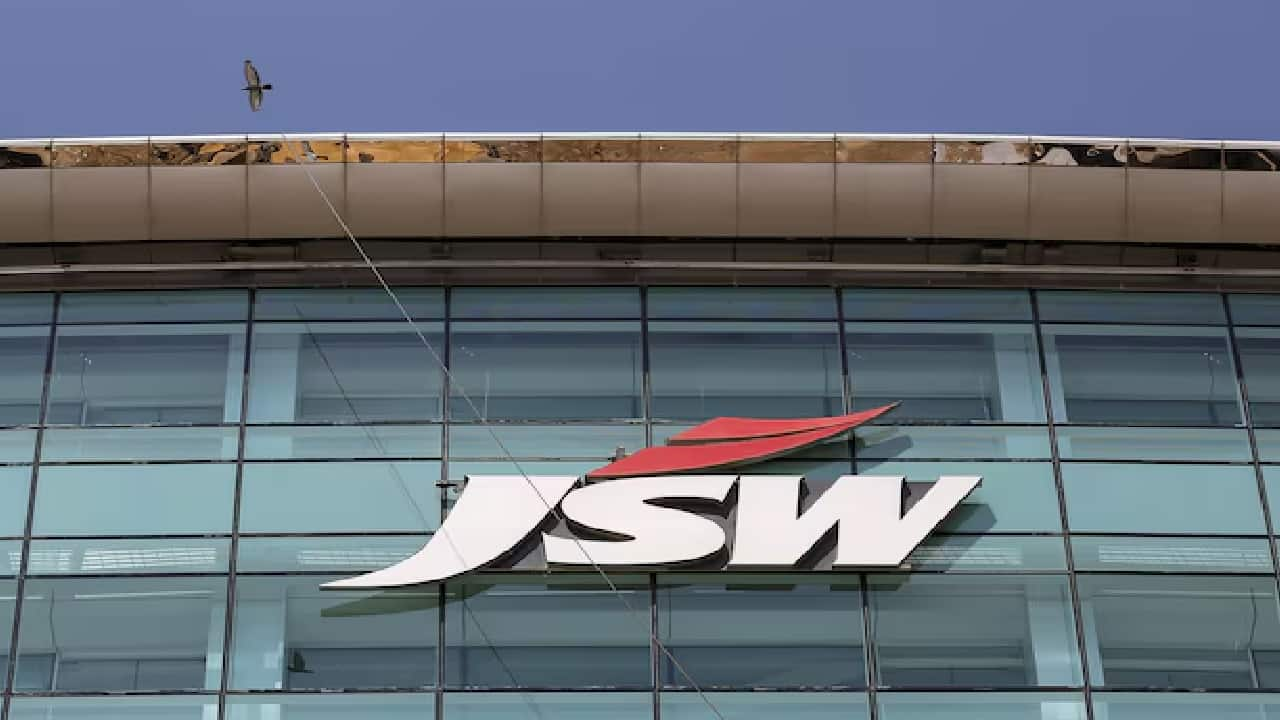JSW Group's Billion-Dollar Investment in Green Steel for European Markets
Key Ideas
- JSW Group plans to invest Rs 50,000-60,000 crore in green steel production for European export markets over the next 3-4 years, focusing on sustainability and reducing carbon emissions.
- The expansion will take place at the Salav unit, with production expected to scale from 0 to 10 million tonnes in the next few years, aligning with the EU's Carbon Border Adjustment Mechanism.
- Initial use of natural gas injection in the blast furnace will transition to green hydrogen, reducing the plant's carbon emissions to one-fifth of current levels.
- Additionally, there are plans for a safeguard duty to counter steel imports from Chinese and Vietnamese producers, amidst concerns of increased dumping due to global tariff shifts.
JSW Steel, a leading steelmaker in India, under the JSW Group, is set to make a substantial investment of Rs 50,000–60,000 crore in green steel production targeted for export markets in Europe. This initiative, led by group chairman Sajjan Jindal, emphasizes sustainability and reducing carbon emissions. The investment plan includes scaling up production at the Salav unit, with projections to increase production from 0 to 10 million tonnes within the next 3-4 years. This move is crucial as India prepares to comply with the EU's Carbon Border Adjustment Mechanism (CBAM), which imposes carbon-related tariffs on high-emission imports. JSW Green Steel, established last year, will play a key role in setting up a four million tonne per annum integrated green steel plant to lower the company's carbon footprint. The plant aims to initially utilize natural gas injection in the blast furnace, eventually transitioning to green hydrogen to significantly decrease carbon emissions. On the regulatory front, there are discussions around the implementation of a safeguard duty to tackle steel imports primarily from China and Vietnam, following concerns of potential dumping. This strategic investment by JSW Group not only highlights its commitment to sustainability but also positions it well in the shifting global trade landscape.
